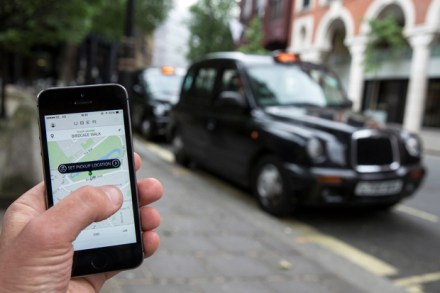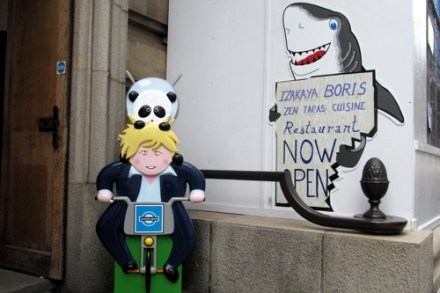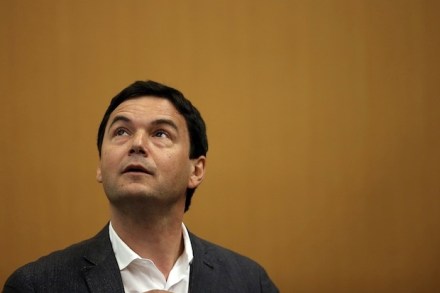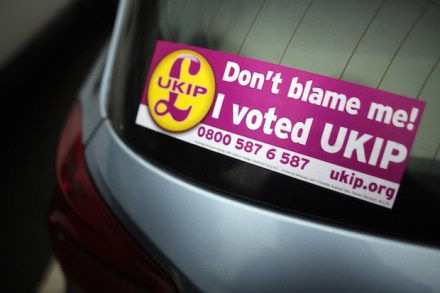The West has drifted away from Israel — and itself
Is Israel drifting away from the West? That was Hugo Rifkind’s claim in his column in the magazine last week. Hugo wrote: ‘Israel drifting away. Never mind whose fault it is; that’s a whole other point. But it’s happening. It’s off. No longer does it exist in the popular imagination as our sort of place. Once, I suppose, foes and friends alike regarded it as a North Atlantic nation, but elsewhere. Then a western European one, then, briefly, a southern European one. When was it, do you think, that Israel stopped being regarded as fundamentally a bit like Spain? Early 1990s? Then they shot Yitzhak Rabin, and Oslo didn’t happen, and


















